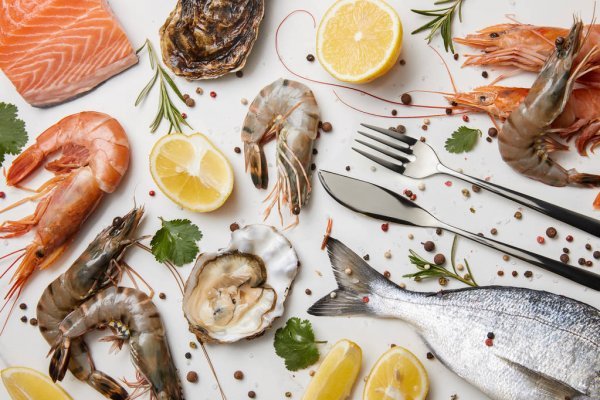Inside BENEO’s new pulse plant: pioneering sustainable protein from faba beans
Aquatic food is low on carbon footprints, high on nutrition, and has potential to address hunger and reduce burden of global diseases: Dr Shakuntala Haraksingh Thilsted, Winner of 2021 World Food Prize
National and regional government should include aquatic foods into national food-based dietary guidelines and make public procurement of aquatic foods for school feeding and social safety net programme.
This was the call made by the Dr Shakuntala Haraksingh Thilsted, Winner of 2021 World Food Prize, during delivering of lecture at the International Consultation on “Ensuring Food and Nutrition Security in the Context of Climate Change and the COVID-19 Pandemic”, organized by the M S Swaminathan Research Foundation (MSSRF) in Chennai, from 6th to 10th August.
Dr Thilsted, Indian descent, native of Trinidad and Tobago and a citizen of Denmark is Global Lead for Nutrition and Public Health, at the WorldFish.
Dr Thilsted emphasized over mainstreaming of diverse aquatic food as it has the lowest carbon footprints among all major animal source foods like Beef and Pork, and it is highly bio available – can be absorbed and used by human body.
Aquatic food is a huge potential to be processed as nutritious, safe and accessible food-based products. She listed out a number of peer reviewed researches which show how lack of consumption of fish and seafood contributing to global burden of diseases.
“A low diet in fish and seafood is responsible for 1% of the world’s total burden of disease-related disability-adjusted life years (DALY) and it causing 1.4 million global deaths due to low seafood omega-3 fatty acids”, says Dr Thilsted.
Dr Madhura Swaminathan, Chairperson of the MSSRF, who was chairing the lecture session, thanked the Odisha Government for introducing fish and other aquatic food in School Meal Programme in collaboration with WorldFish and MSSRF.

